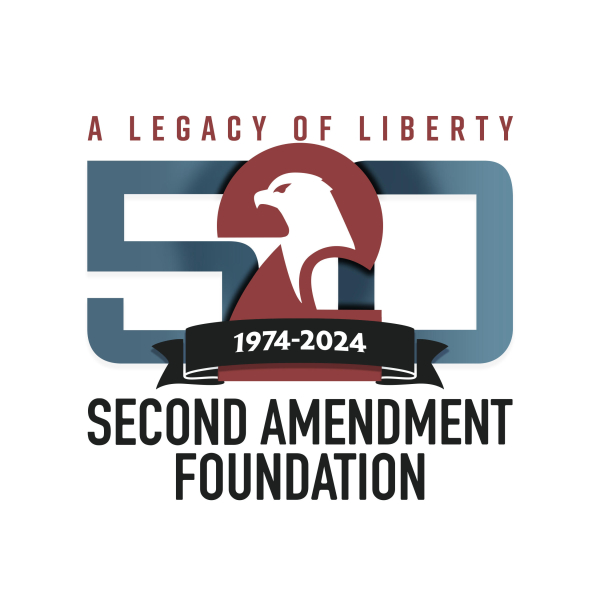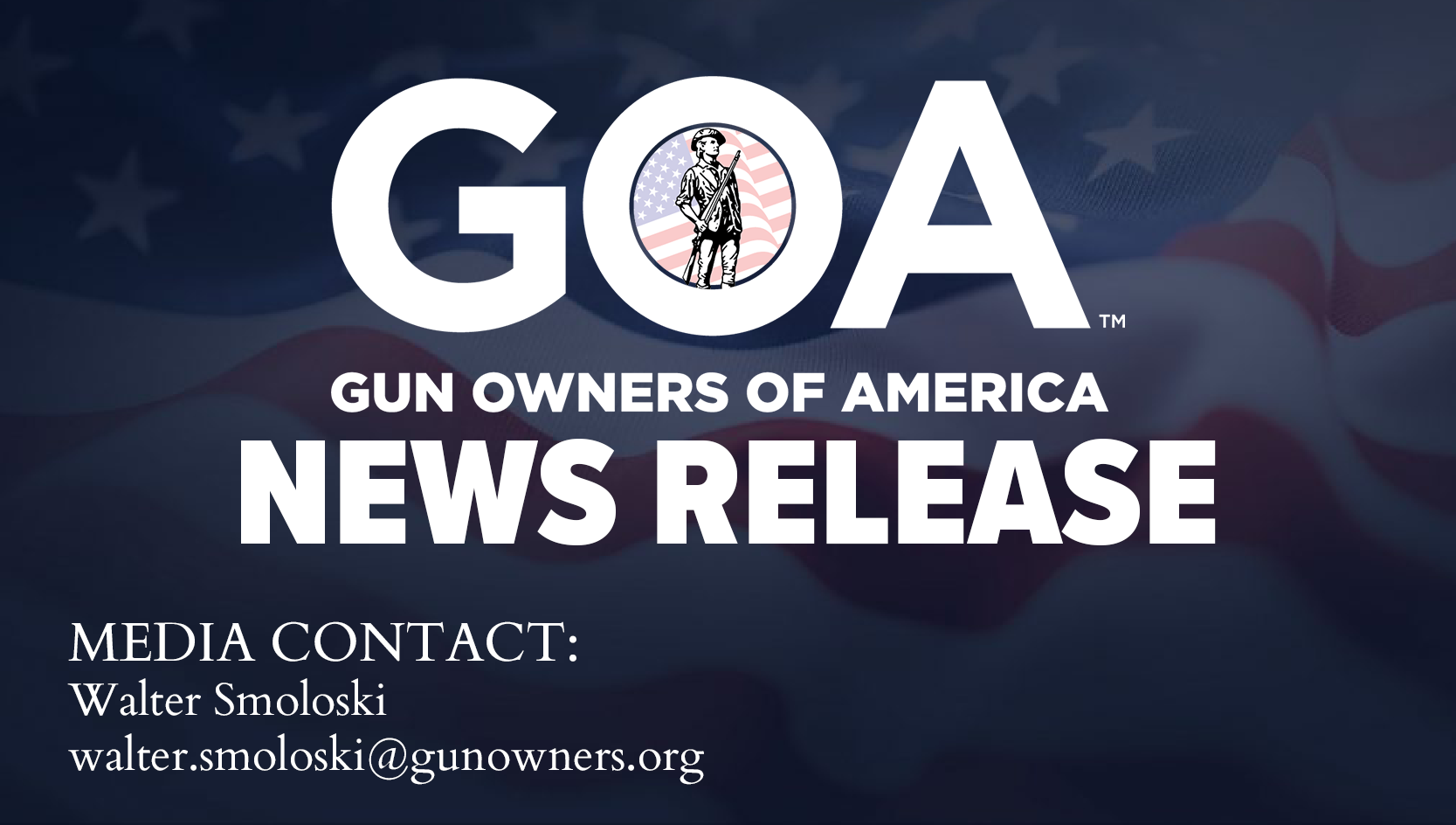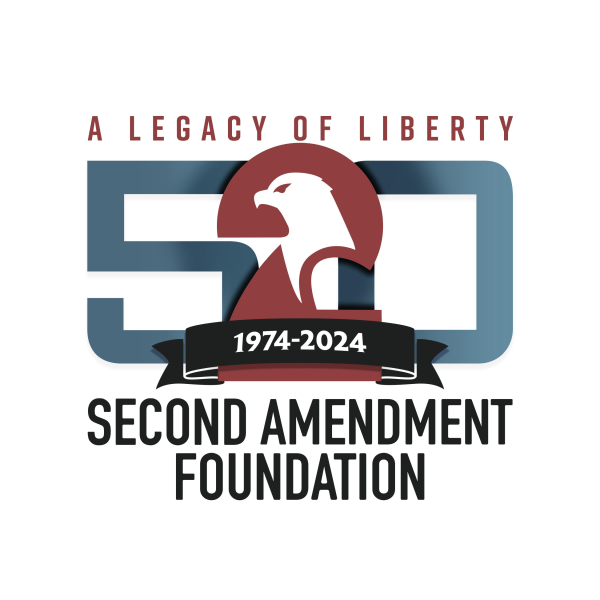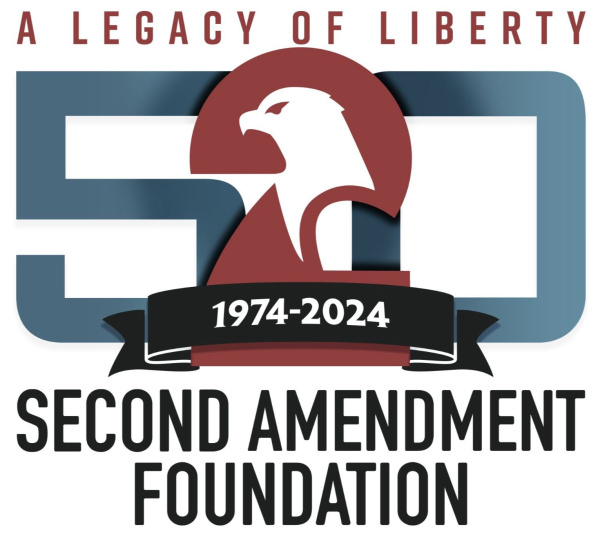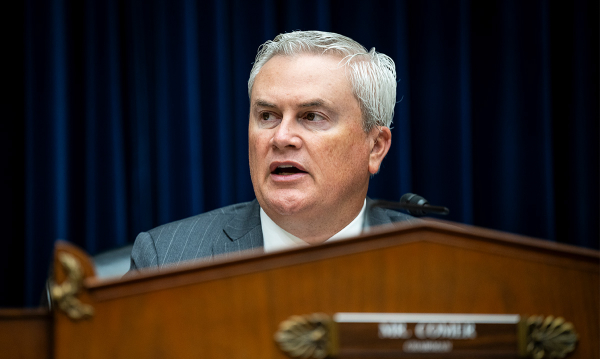Federal Judge Signs Permanent Injunction in NY Public Housing Gun Ban
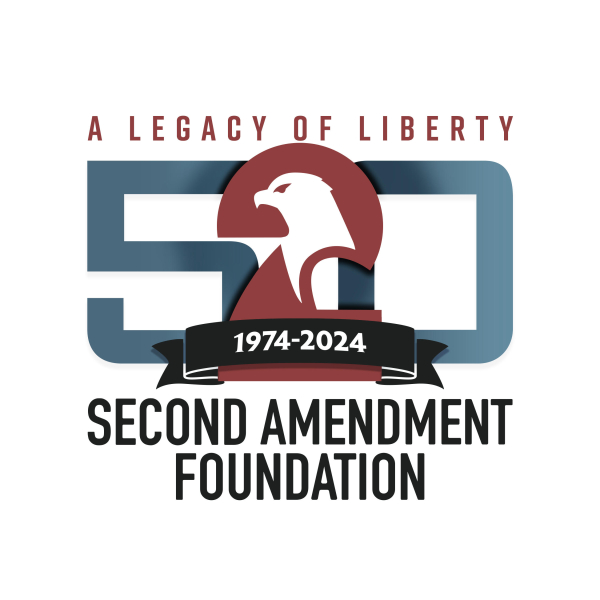
A federal judge in New York has issued a permanent injunction against the Cortland Housing Authority (CHA) prohibiting any sort of firearms ban against CHA tenants, in a victory for the Second Amendment Foundation (SAF) and its fellow plaintiffs.
SAF was joined in this action by three private citizens, Robert Hunter, Elmer Irwin and Doug Merrin. They are represented by attorneys Edward Andrew Paltzik, Serge Krimnus and Meredith Lloyd at Bochner PLLC in New York City. U.S. District Judge Glenn T. Suddaby with the U.S. District Court for the Northern District of New York signed the order.
“Pursuant to Plaintiffs’ claims as set forth in the First Amended Complaint, Defendants, and their respective employees, agents, representatives, service providers and/or contractors, are enjoined from prohibiting Plaintiffs and all other CHA tenants from owning, possessing, transporting, or using firearms for lawful purposes, provided they are otherwise qualified and in compliance with all federal, state, and local laws applicable to the ownership, possession, transportation and use of firearms,” Judge Suddaby wrote.
He also ordered the defendants — CHA and Executive Director Ella M. Diiorio — to pay plaintiffs’ counsel $150,000 for attorney’s fees and costs.
“This is not the first time SAF has successfully challenged a gun ban in a public housing authority facility,” recalled SAF founder and Executive Vice President Alan M. Gottlieb. “Whenever we are alerted to this sort of thing, we are prepared to challenge it. Bringing these cases simply fulfills our effort to win firearms freedom one lawsuit at a time.”
“At some point,” SAF Executive Director Adam Kraut observed, “it should become abundantly clear to various public housing authorities that gun bans are not allowed. Residents do not leave their constitutional rights at the entrance, as each of our victories over the years have affirmed.” Read more

